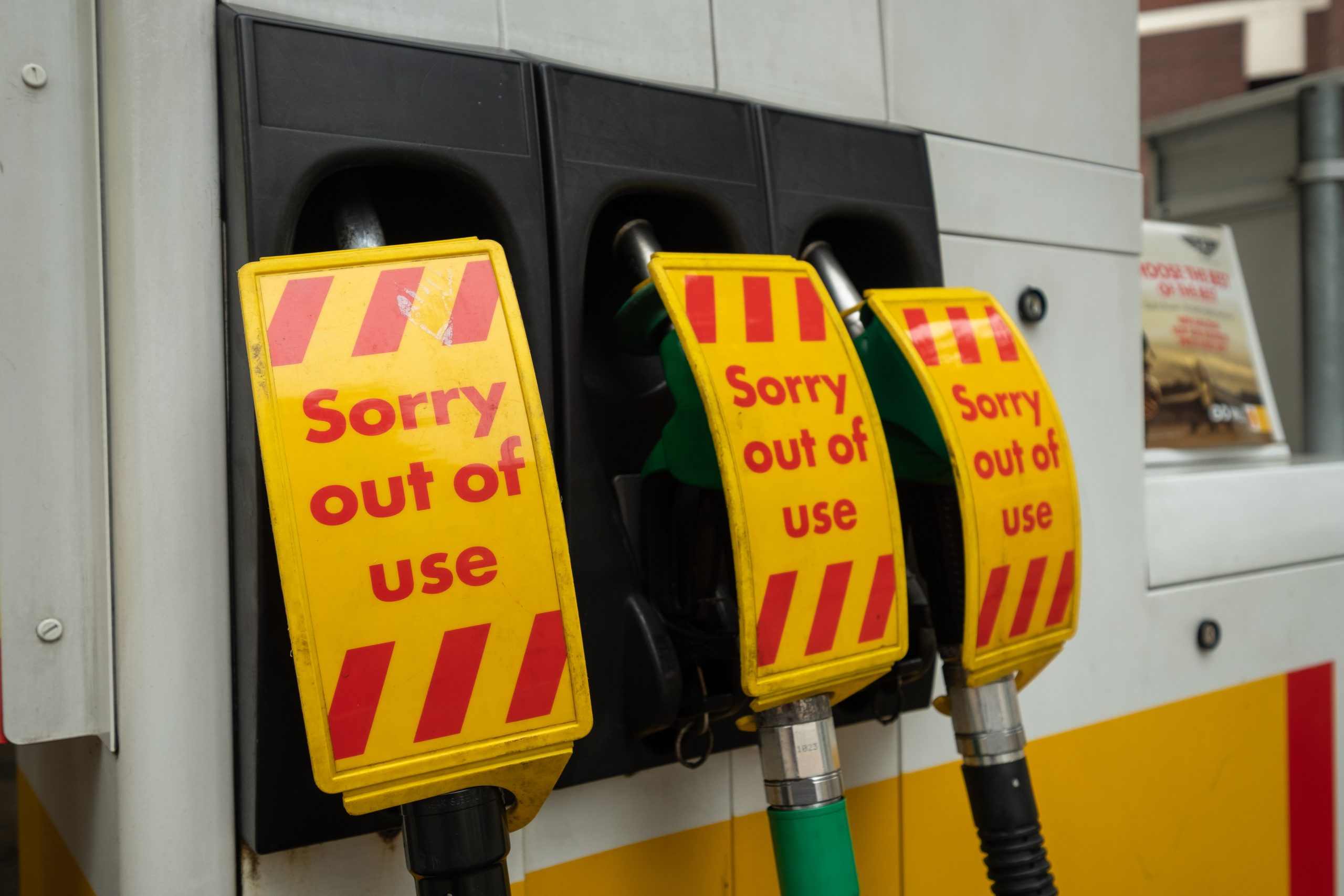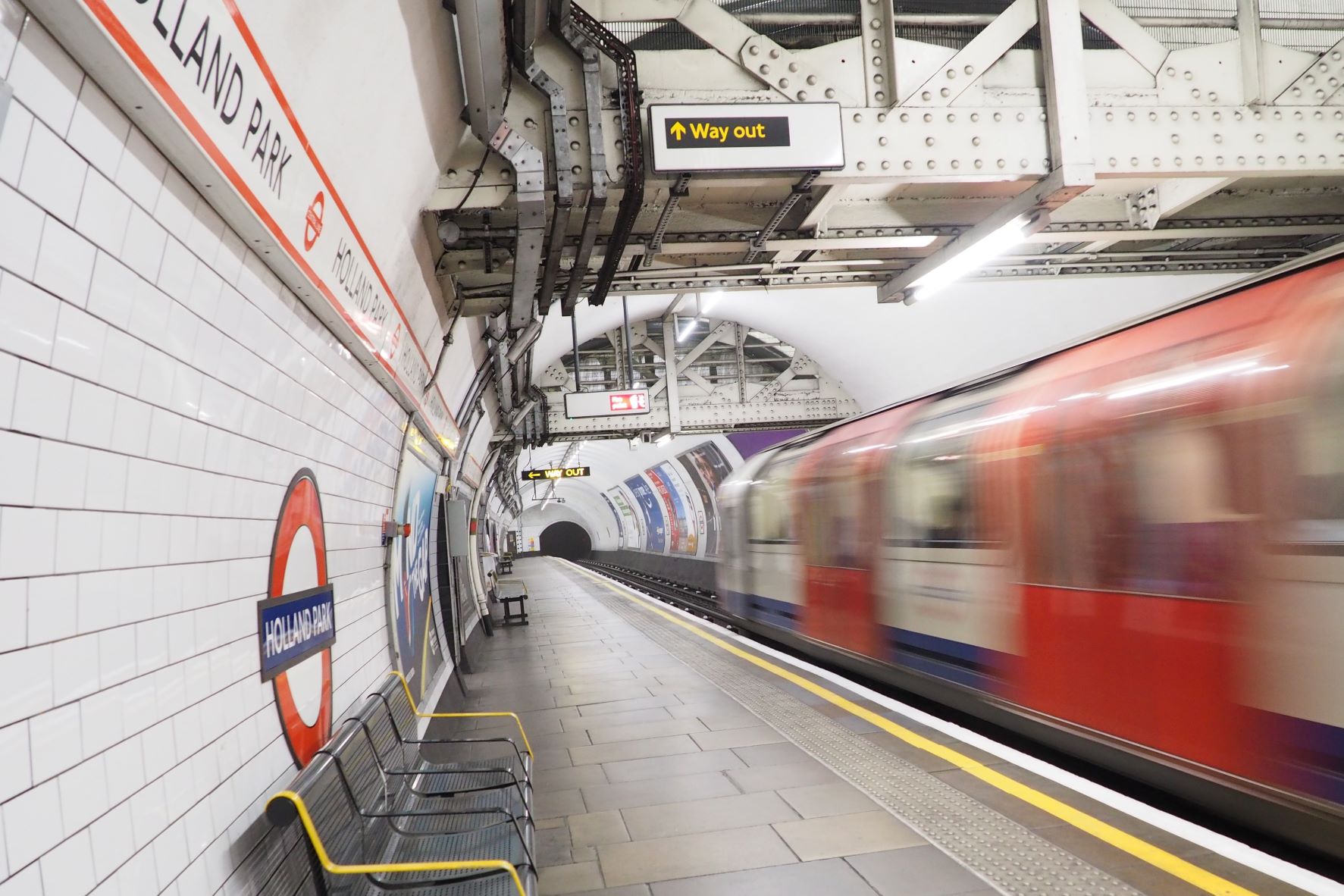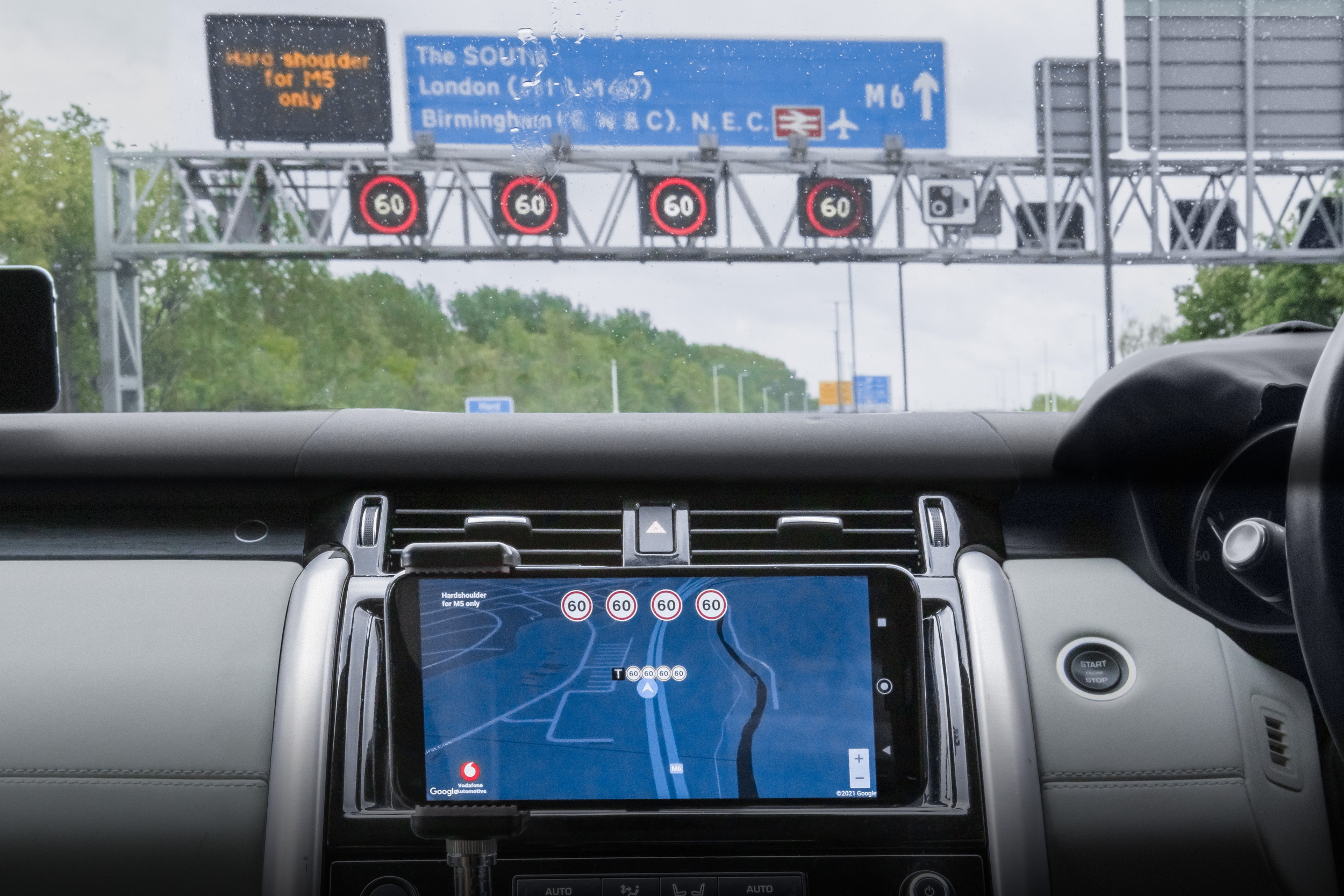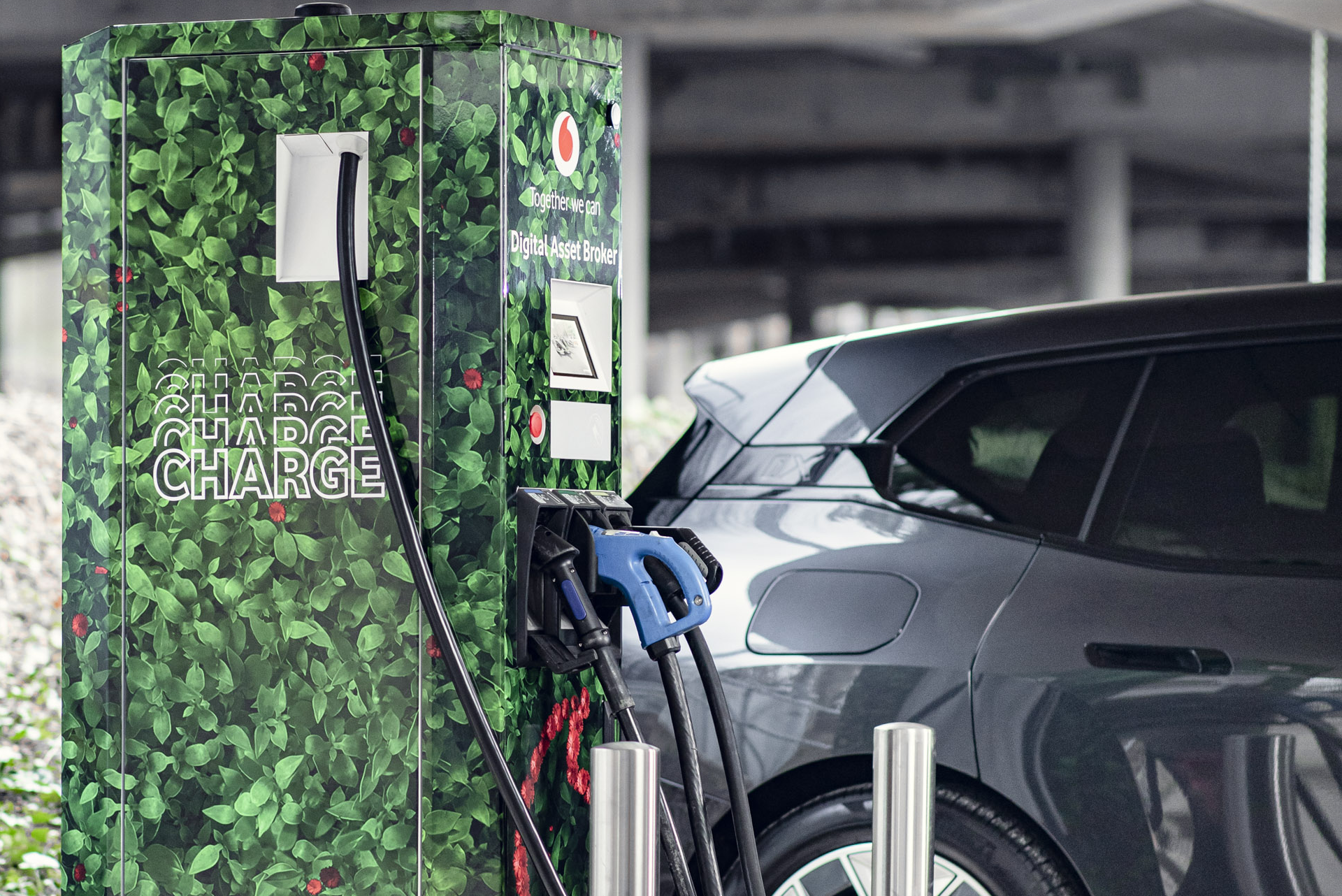
Business fleet owners need to reduce fuel costs and carbon emissions while planning the switch to electric vehicles on the road to 'net zero'. How can fleet analytics platforms help?
The recent fuel shortages have forced many businesses and consumers to ask themselves: “Is my journey really necessary?”
Hour-long queues at some fuel pumps, coupled with the fear of getting stranded on an empty tank, resulted in many people cancelling appointments and moving to virtual meetings instead.
And, perhaps unsurprisingly, there’s been a marked increase in enquiries about electric vehicles (EVs).
So businesses with car and van fleets to manage have found themselves asking the following questions with even more urgency:
- How do I reduce fuel consumption?
- How can I help my staff get around more efficiently?
- How do I help my business go green?
Fleet analytics platforms can help answer all these questions.
Clever data-collecting boxes fitted to vehicles can monitor exactly how each vehicle is driven, measuring location, speed, acceleration, braking and cornering, among many other behaviours. This data can be instrumental in helping businesses run more efficiently, from both a cost and a carbon reduction perspective.
And the more efficient your fleet, the less time wasted queuing for fuel.
But how exactly can fleet analytics help?
Promoting safer driving
No-one ever wants to be late for an important appointment, but putting your foot down can have a big cost to business. Firstly, it increases the risk of an accident, with all the human and financial implications. Secondly, aggressive driving not only increases wear and tear on a vehicle, but it also has a big impact on fuel consumption. Studies have shown that proper use of fleet analytics, combined with appropriate training of drivers, can reduce fuel consumption by up to 14%.
Smarter route planning
By having complete visibility of your entire fleet, you can plan journeys more effectively, respond to traffic jams and use data insights to run a more efficient business. A great example of this was UPS, which used fleet-mapping software to make a very interesting discovery in the US. They found that left turns, across the flow of oncoming traffic, were not only a contributing factor in 22% of crashes, but also caused massive delays and subsequent costs as vehicles got stuck at traffic lights. This observation, arising from the analysis of masses of data, showed that avoiding left turns where possible across a 12-month period could result in impressive estimated savings:
- 10 million gallons of fuel
- 6-8 fewer miles travelled per route
- 100,000 metric tons of CO2 emissions a year
- the equivalent of 21,000 cars taken off the road.
Electric future
With significant government incentives, looking to go electric is certainly becoming more and more enticing. But many businesses are still wary that wrong choices over the type of vehicle could actually increase cost rather than reduce it. Range anxiety is still an issue – business owners don’t want to risk their employees being stranded with flat batteries, missing important client meetings, and wasting time waiting for their vehicles to recharge.
In truth, EVs are becoming increasingly reliable, and ranges are increasing year on year. But Fleet Analytics can offer peace of mind and make the gradual transition to electric smoother and less costly. By analysing journeys from across the fleet, it’s possible to identify which vehicles it would make most sense to replace with EVs first, and which it would be better to hang on to for now.
So businesses looking to reduce carbon emissions, costs – and the risks presented by fuel shortages – should seriously consider adopting fleet analytics.
For more information on how Vodafone Automotive could help, click here.
Stay up-to-date with the very latest news from Vodafone by following us on Twitter and signing up for News Centre website notifications.








